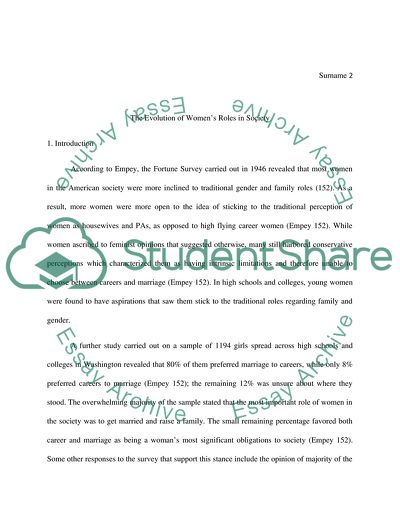Cite this document
(The Evolution of Womens Roles in Society Term Paper - 1, n.d.)
The Evolution of Womens Roles in Society Term Paper - 1. https://studentshare.org/social-science/1804773-the-role-women-played-in-todays-society
The Evolution of Womens Roles in Society Term Paper - 1. https://studentshare.org/social-science/1804773-the-role-women-played-in-todays-society
(The Evolution of Womens Roles in Society Term Paper - 1)
The Evolution of Womens Roles in Society Term Paper - 1. https://studentshare.org/social-science/1804773-the-role-women-played-in-todays-society.
The Evolution of Womens Roles in Society Term Paper - 1. https://studentshare.org/social-science/1804773-the-role-women-played-in-todays-society.
“The Evolution of Womens Roles in Society Term Paper - 1”. https://studentshare.org/social-science/1804773-the-role-women-played-in-todays-society.


